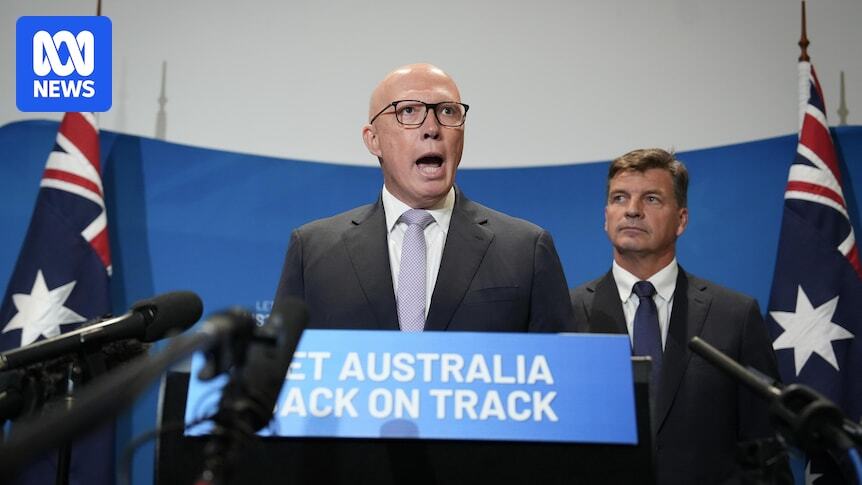Another aspect of debt,
considered as an information technology,
is that if affects the information environment of the borrower.
If you are managing a company which has borrowed money,
making your payments becomes one of the survival conditions for that company.
At low levels of debt, generating short term cash flow is one priority among others,
but for a highly indebted company it becomes a signal which swamps all others.
You might want to change the world, but if you don’t meet the coupon payments, you’ll never get the chance to see if your other strategic priorities would have worked.
Consequently, a company with lots of debt cannot help but have a bias toward the short term.
Which might be considered problematic,
as the last few decades in the Western capitalist world have seen the rise of an industry
(leveraged buyouts, or “private equity”)
which has made it part of its fundamental operating strategy to load companies up with debt.
Considered in this light, debt is a technology of control as well as of information
– it’s a means of exerting discipline on management teams who might otherwise be tempted to follow priorities other than short-term financial returns.
This is, as far as I can tell, the real meaning behind the populist critiques of “#financialisation” in the economy.
There’s really nothing particularly bad about the growth of the financial sector,
even to the extent that it’s outstripped the growth of the “real” economy.
Quite simple mathematics ought to be enough to convince us that as the economy grows,
the number of links and relationships between producers, consumers and investors will grow at a faster rate,
and so you’d expect the parts of the economy in which decision making and information processing take place to grow faster than the “real” economy.
It’s the same logic by which the brains of primates take up proportionally more energy than those of rodents;
finance is part of the real economy, just like the cerebellum is a real organ.
What’s bad about “financialisation” is neither more nor less than the over-use of debt.
Modern corporations do often behave badly,
and they make systematically worse decisions than they used to,
this isn’t a delusion of age.
They do this partly because they have outsourced key functions
(cutting themselves off from important sources of information),
and partly because their priorities are warped by the need to generate short term cash flow.
Both of these problems can in large part be traced back to the private equity industry,
working either as a direct driver of excess leverage,
or as a constant threat which makes managers behave as if they were already subject to its discipline.
#Management #science and #cybernetic #history is all about things which began as solutions,
 then turned into problems because the world changed.
then turned into problems because the world changed.
Once upon a time, back in the 1970s,
private equity and LBOs were the solution to a problem of lazy, sclerotic incumbent management teams,
self-dealing and failing to make tough decisions.
But it’s now the 2020s, and private equity may itself be the biggest problem in our global information processing system.
The way that corporate history progresses is that we try to keep up with the ever-increasing complexity of the world,
 and then when this is no longer possible, we have a crisis and reorganise.
and then when this is no longer possible, we have a crisis and reorganise.
We’ve had the crisis
– or perhaps we are still going through it
– and now it’s time to think about how to reorganise.
(3/3)
https://www.amazon.com/stores/Dan-Davies/author/B07DGHPV6F




